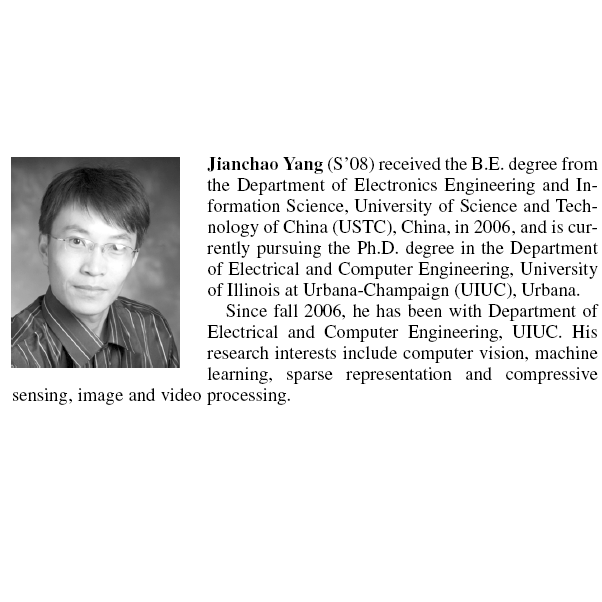Cryo Focused Ion-Beam Scanning Electron Microscopy (cryo FIB-SEM) enables three-dimensional and nanoscale imaging of biological specimens via a slice and view mechanism. The FIB-SEM experiments are, however, limited by a slow (typically, several hours) acquisition process and the high electron doses imposed on the beam sensitive specimen can cause damage. In this work, we present a compressive sensing variant of cryo FIB-SEM capable of reducing the operational electron dose and increasing speed. We propose two Targeted Sampling (TS) strategies that leverage the reconstructed image of the previous sample layer as a prior for designing the next subsampling mask. Our image recovery is based on a blind Bayesian dictionary learning approach, i.e., Beta Process Factor Analysis (BPFA). This method is experimentally viable due to our ultra-fast GPU-based implementation of BPFA. Simulations on artificial compressive FIB-SEM measurements validate the success of proposed methods: the operational electron dose can be reduced by up to 20 times. These methods have large implications for the cryo FIB-SEM community, in which the imaging of beam sensitive biological materials without beam damage is crucial.
翻译:然而,FIB-SEM实验受到缓慢(通常为几个小时)的获取过程和对射线敏感试样施加的高电子剂量的制约,可能会造成损害。在这项工作中,我们提出了一个能降低操作电剂量和加快速度的冷冻FIB-SEM的压缩遥感变体。我们提议了两个定向取样战略,利用前一个试样层的重建图像,作为设计下一个子取样掩码的先期。我们图像的恢复以盲贝氏字典学习方法为基础,即贝塔进程要素分析(BBFFA)。由于我们对BPFA的超快GPU应用,这种方法在实验上是可行的。关于人工压缩FIB-SEM测量的模拟验证了拟议方法的成功:操作电子剂量可以降低到20倍。这些方法对CIB-SEM的图像具有重要影响,而FIB-SEM是安全的。



